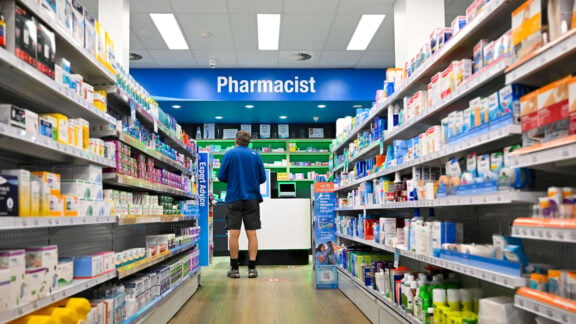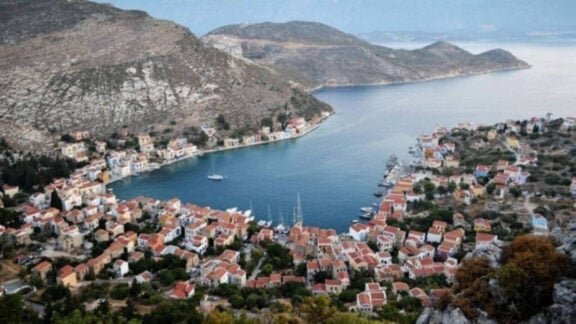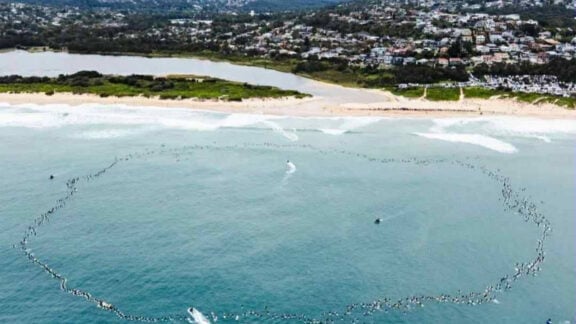After six years of negative growth and recession, the modern Greek tragedy is starting to take a 180 degree turn as the country strives toward positive economic growth, thanks to a boost in tourism, revitalised European Union-supported infrastructure projects and increased availability of loans from recapitalised banks.
At its peak, Greece’s financial crisis caused the economy to shrink by 25 per cent, the loss of tens of thousands of family-owned businesses and living standards to fall to appalling levels, as the country vehemently culled its public and social spending to stem the economic bleed.
Many Greeks fled the country, opting for opportunities in Germany, the UK and Gulf states, as the country perilled amidst the cuts.
But Greece has been boosted by its return to international capital markets in April, and increasing confidence has encouraged hedge funds and private equity groups to reconsider Greek companies as serious investment prospects.
The country’s revenue targets are on track to hit a primary surplus of 1.5 per cent before the repayment of loan interest, according to figures from the first five months, but more obstacles need to be met before it can be completely in the clear – and headed towards complete recovery.
Particularly, the European Central Bank’s stress testing of eurozone banks, which gives a representation of non-performing loan portfolios, resolves debates about banks’ recapitalisation needs and write-downs of bad debt, to prevent companies from draining funds that can be allocated toward profitable business ventures.
Secondly, Greece will have to overcome negotiations with the EU and IMF on debt relief, in the hopes for debt restructures.
Thirdly, a worrying prospect for the Greek government is the non-election of a new president, when incumbent Karolos Papoulias retires next year. The Greek parliament must elect a new president with a two-thirds majority, and if it fails fresh elections will be held, which will invariably delay restructure programs. The ideological make-up of the current Greek parliament, consisting of a coalition government (made up of centre-left-and-right party members from PASOK and New Democracy), leftist party Syriza and the far-right Golden Dawn party, potentially creates a stumbling block.
But, reforms have already made it easier for young entrepreneurs to create new businesses and hire part-time personnel, thanks in part to EU-backed funding, which is making incredible inroads to Greece’s predicted recovery.
The country is also involved in the Trans-Adriatic Pipeline project which transports natural gas from the Shah Deniz field in Azerbaijan’s Caspian Sea territory to central Europe. The construction of the Greek fragment is expected to create 1,000 jobs in Greece’s northern regions, where unemployment rates are at a staggering 30 percent.
China too has emerged as a major investor in Greece, with Chinese prime minister Li Keqiang describing it as his country’s “gateway to Europe”. Chinese shipping operator Cosco operates a container terminal at Pireaus, Greece’s main shipping port, and other Chinese companies are looking to acquire concessions to operate Athens International Airport ‘Eleftherios Venizelos’ and the state railway company when they are privatised next year.
Source: Financial Times









